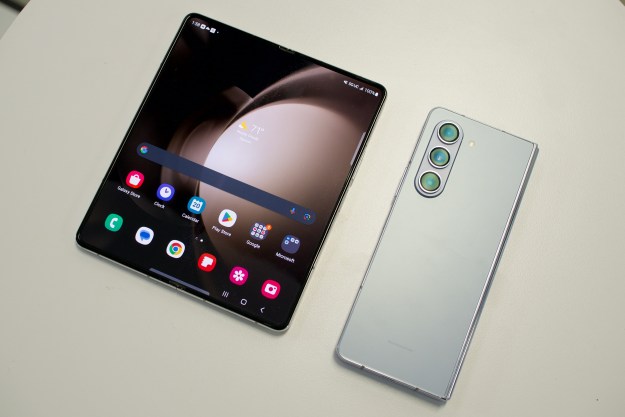Privacy advocates can breathe a sigh of relief for now — the U.S. House of Representatives has voted not to force carriers to disclose a phone’s location to law enforcement in the event of an emergency.
That’s what the Kelsey Smith Act was looking to turn into law, according to Reuters. The bill is named after an 18-year-old woman from Kansas who went missing in 2007. She was found murdered four days later. Verizon shared the location of her phone with law enforcement. Smiths’ parents were at the House chamber during the vote.
While the Kelsey Smith Act, penned by Rep. Kevin Yoder, R-Kansas., may have had good intention, it’s also obvious how the bill would worry privacy advocates.
“The legislation’s goal is laudable — to help find people deemed to be in “emergency” situations,” according to R Street, a think tank based in Washington D.C. “But granting law enforcement extraordinary abilities to obtain cell data without receiving a probable cause warrant from a judge is yet another expansion of government surveillance power. Such expansions may infringe the Fourth Amendment rights of the very citizens the police may want to help.”
R Street is one of many civil rights groups that aggressively protested against the bill. These groups said cellphone companies already hold the right to provide a phone’s location in the event of an emergency, and turning it into a law would only create an unnecessary loophole for law enforcement to gain “unprecedented access.”
The Kelsey Smith Act was voted down 229 to 158, but Reuters reports that more than 20 states have already adopted a variant of the law since Smith’s death.
Editors' Recommendations
- The Nothing Phone 1 has finally launched in the U.S. — kind of
- TCL’s new 5G phones are the most affordable yet, but U.S. buyers have to wait
- Samsung’s foldable phone, the Galaxy Fold, lands in the U.S. on September 27
- Sprint and OnePlus are bringing a 5G phone to the U.S. soon
- Here are 10 ways your cell phone carrier is screwing you

